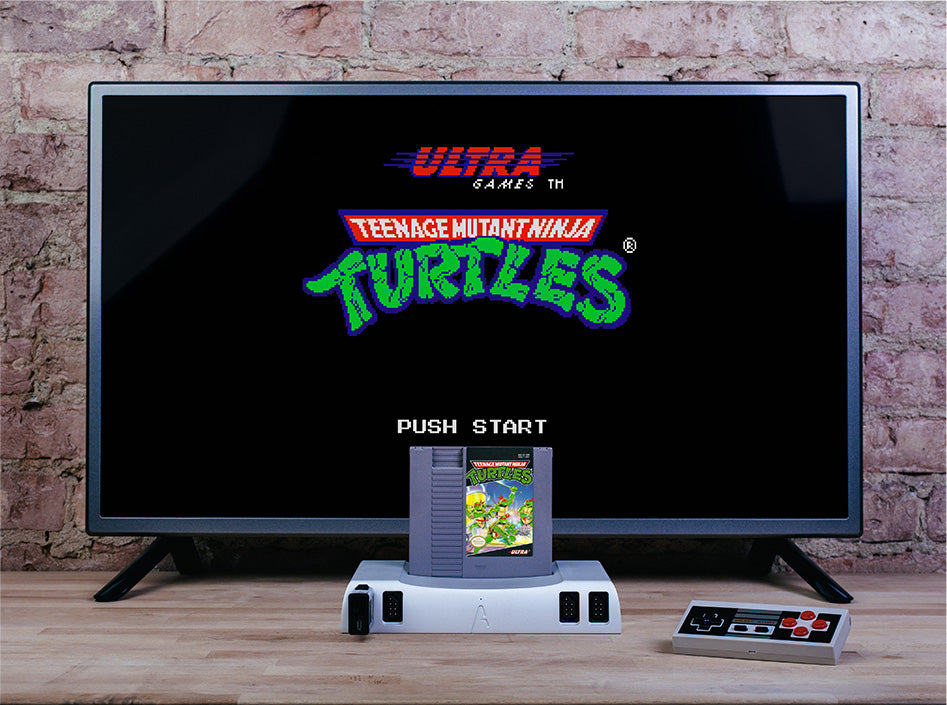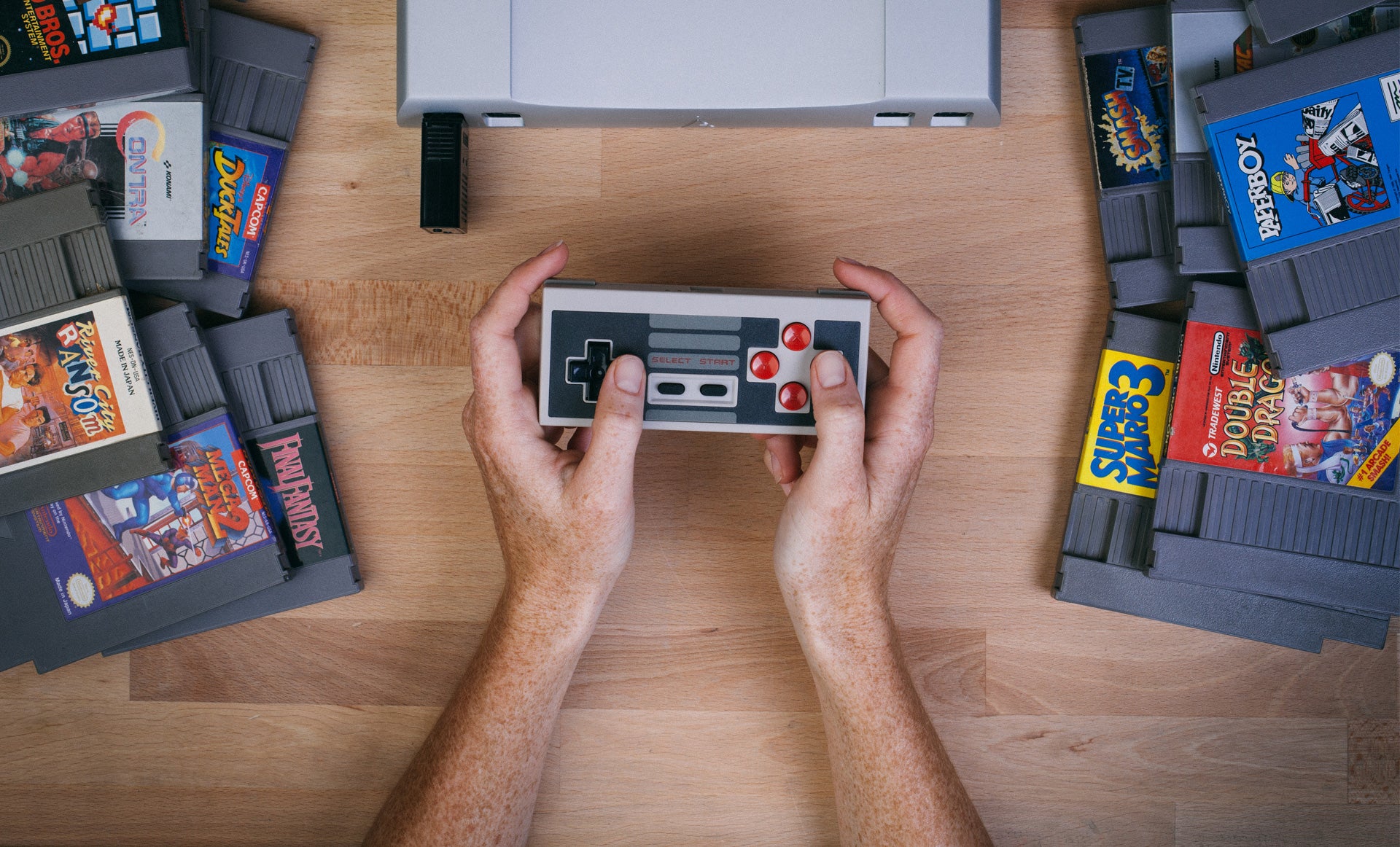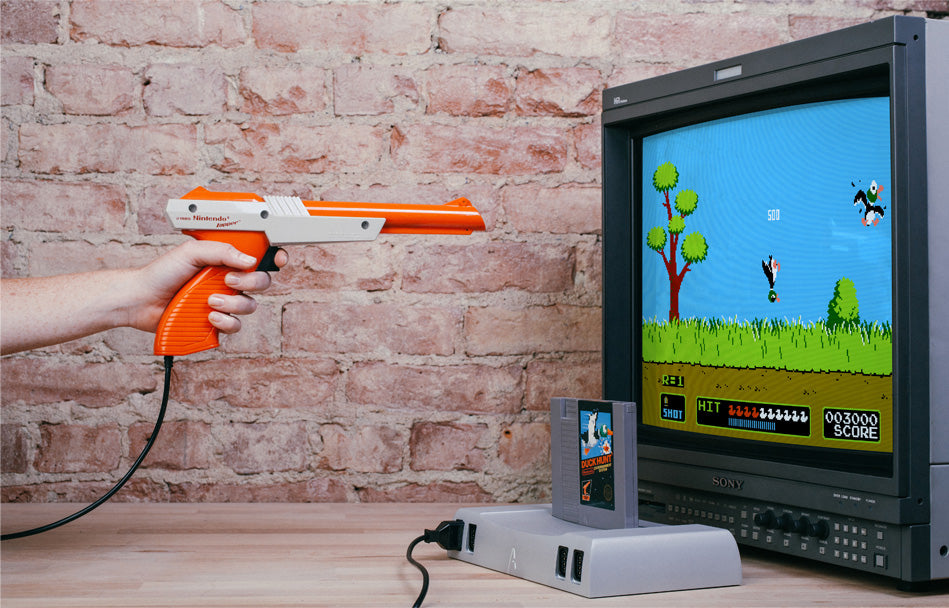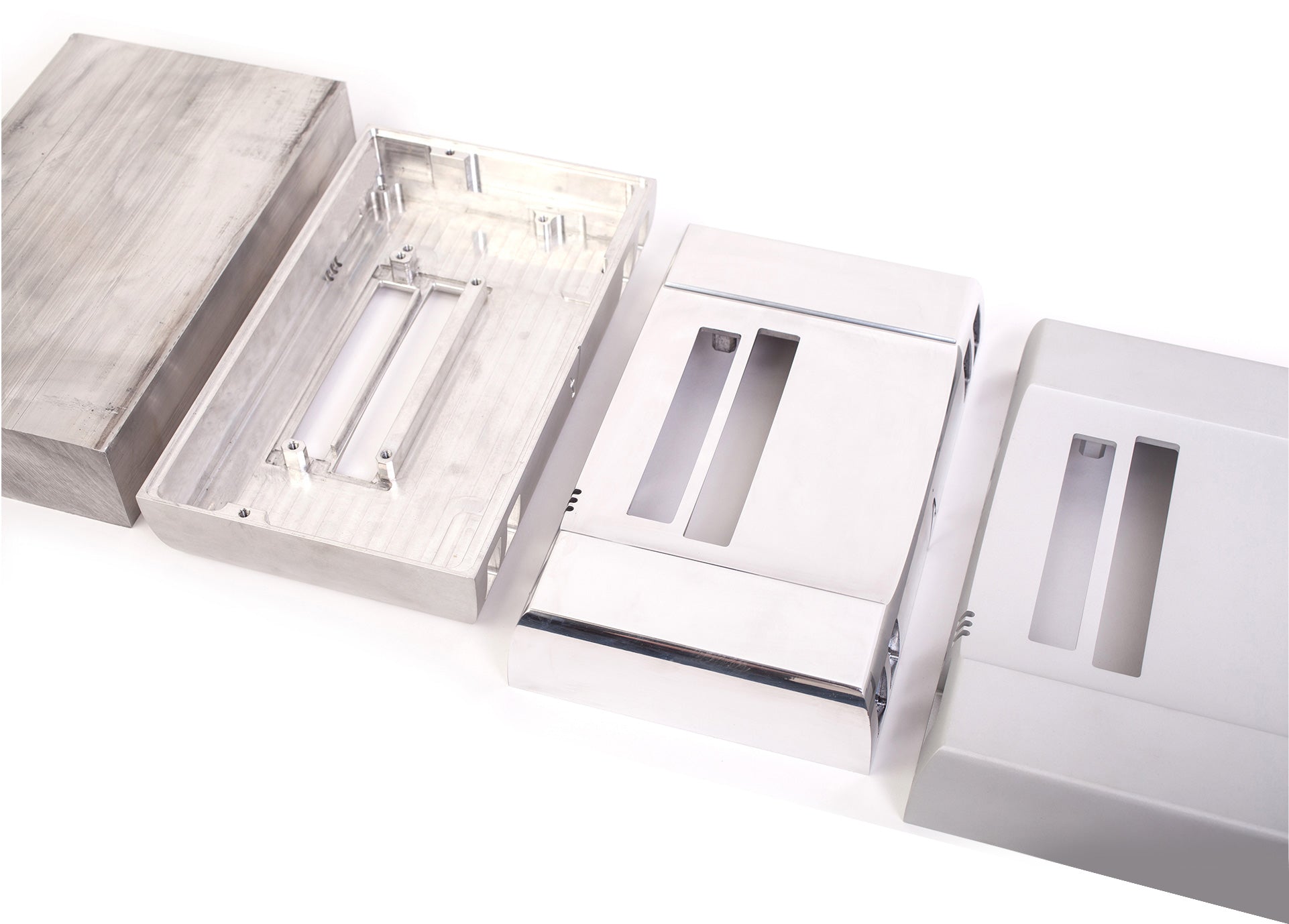Chittagong
Gold Member
After running out of original Famicom CPUs and PPUs, Analogue has now created a new device that offers an experience as close as possible to the original NES/Famicom.
Like the original Analogue NT, this new one is using tech by Kevtris, so the device should offer an excellent experience. Selling at equally eye watering price as the original, this is a high end product similar to the excellent original Analogue NT.
What's new?
- FPGA based hardware emulation
- 20% smaller size (a bit shame as the OG NT is cleverly same size as Famicom Disk System)
- Includes free 8Bitdo wireless controller
- Supports HDMI and Component/S-Video in one system
- Works with all region games
- SD card firmware update
What's same
- Analogue unibody design
- Works with Famicom and US NES games
- 4 controller ports
- Works with all accessories, including Zapper (CRT TVs) and FDS
- Scanline and scaler features
- 480P / 720P / 1080P
Price and availability
$449 / January 2017
Official photos




First thoughts?
- Looks like a clever way to continue the line after CPUs and PPUs ran out
- $449 is very premium, this is a luxury product still
- Should be excellent as it's Kevtris
- January 2017? We'll see, Analogue seems to have learned a lot from the NT
- Analogue customer service has been very good since the early NT struggles
- I'm happy with my OG NT, but this is the second best product in the market
Like the original Analogue NT, this new one is using tech by Kevtris, so the device should offer an excellent experience. Selling at equally eye watering price as the original, this is a high end product similar to the excellent original Analogue NT.
What's new?
- FPGA based hardware emulation
- 20% smaller size (a bit shame as the OG NT is cleverly same size as Famicom Disk System)
- Includes free 8Bitdo wireless controller
- Supports HDMI and Component/S-Video in one system
- Works with all region games
- SD card firmware update
What's same
- Analogue unibody design
- Works with Famicom and US NES games
- 4 controller ports
- Works with all accessories, including Zapper (CRT TVs) and FDS
- Scanline and scaler features
- 480P / 720P / 1080P
Price and availability
$449 / January 2017
Official photos




First thoughts?
- Looks like a clever way to continue the line after CPUs and PPUs ran out
- $449 is very premium, this is a luxury product still
- Should be excellent as it's Kevtris
- January 2017? We'll see, Analogue seems to have learned a lot from the NT
- Analogue customer service has been very good since the early NT struggles
- I'm happy with my OG NT, but this is the second best product in the market


